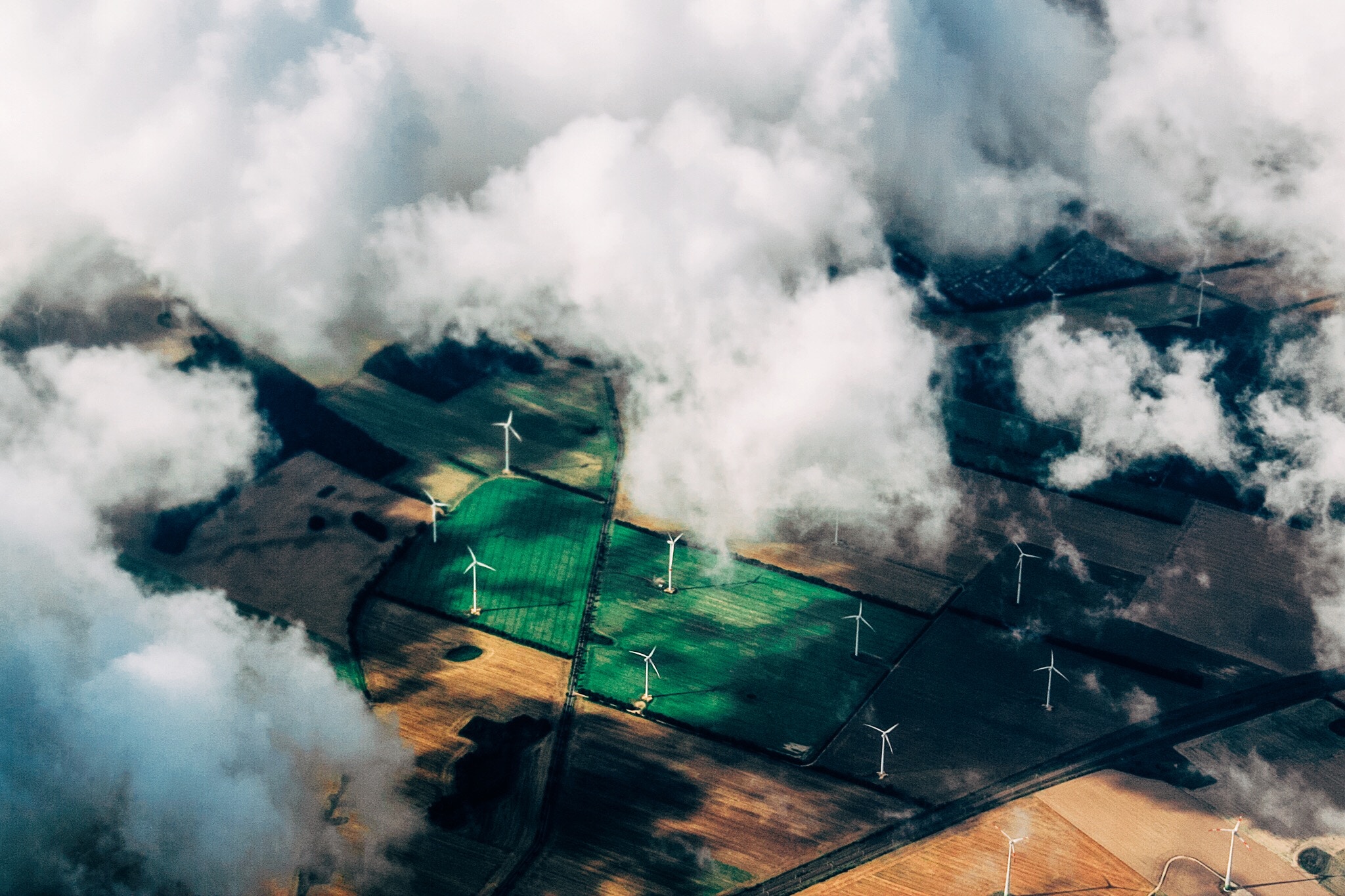How New Are the Renewables? Historicizing Energy Transitions
Conference
21.02.2018 – 23.02.2018
Date: 21–23 February 2018
Location: Deutsches Museum, Munich, Germany
Conveners: Sarah Kellberg (Deutsches Museum), Patrick Kupper (Innsbruck University), Helmuth Trischler (Rachel Carson Center and Deutsches Museum)
Conference at the Deutsches Museum, to coincide with the special exhibition energie.wenden
In view of dwindling natural resources and, in particular, the threat of rising global temperatures, we will need to reconsider our global energy networks entirely over the coming decades. Both in terms of energy consumption, which will have to be uncoupled from economic growth and substantially reduced, but also in terms of the ways that energy is produced. Bioenergy, hydropower, wind, solar, and geothermal energy should replace fossil fuels and thus remove carbon dioxide from the energy equation. Whether nuclear power should also be reduced, if not fully abandoned, or, alternatively, become a major player in the new energy economies, is a contentious question. Different states are currently pursuing different strategies.
In discussions about energy transitions, renewable energy is often presented as a “new” resource. However, the exploitation of biomass and hydropower have a long history (onepre-dating the adoption of fossil fuels) as does the exploitation of the “new” renewable resources of wind, solar power, and geothermal energy, all of which have been used for decades, or even centuries. Thus, we observe that alternative energies have always competed with fossil fuels, yet their usage has been marginalized or their development obstructed or prevented by the prevalence of coal and oil. With the exception of the large-scale development of hydroelectric plants, historical energy transitions have advanced our societies over the past 200 years, with their basis in non-renewable resources. In light of the global challenges facing this form of energy economy, the history of alternative energy since industrialization looks rather like a history of missed opportunities.
This workshop looks at the social contexts that drive people to advocate the use of renewable energies. Which social contexts encourage the adoption of alternative energies, and which hinder it? What role is played by political actors and social models, economic and technical rationales, the availability of natural resources, or the actions of individuals or societies in limiting energy production or consumption? Which differences and similarities can be seen in an international or transnational comparison?
We are looking for studies of the history of specific renewable energies (wind power, solar power, etc.) and their applications (as fuel, heating, electric power, etc.) as well as case studies analyzing the history of renewables in a particular time period and region (e.g. in Nazi Germany, (post-)colonial India, or in the USA during the 1970s). We especially welcome comparative approaches. We are focusing mainly on the time period following the industrial revolution.
Please find the program here.
Read about the event in our workshop report.
Submitted papers (for participants only; password protected):
Arne Kaijser
Timothy Moss
Frank Uekötter
Jeffrey Manuel
Nicole Hesse
Aristotle Tympas (co-authored by Kostas Latoufis)
Agnes Kneitz and Christian Zumbrägel
Daniel Barber
Irene Pallua
Felix Frey
Jan-Henrik Meyer
Eva Oberloskamp
Odinn Melsted
Daniel Eggstein
Thomas Turnbull
Stephen Milder
Siddarth Sareen (co-authored by Sunila Kale)
For further information or in case of any questions, please contact either Patrick Kupper (patrick.kupper@uibk.ac.at) or Helmuth Trischler (h.trischler@deutsches-museum.de)


